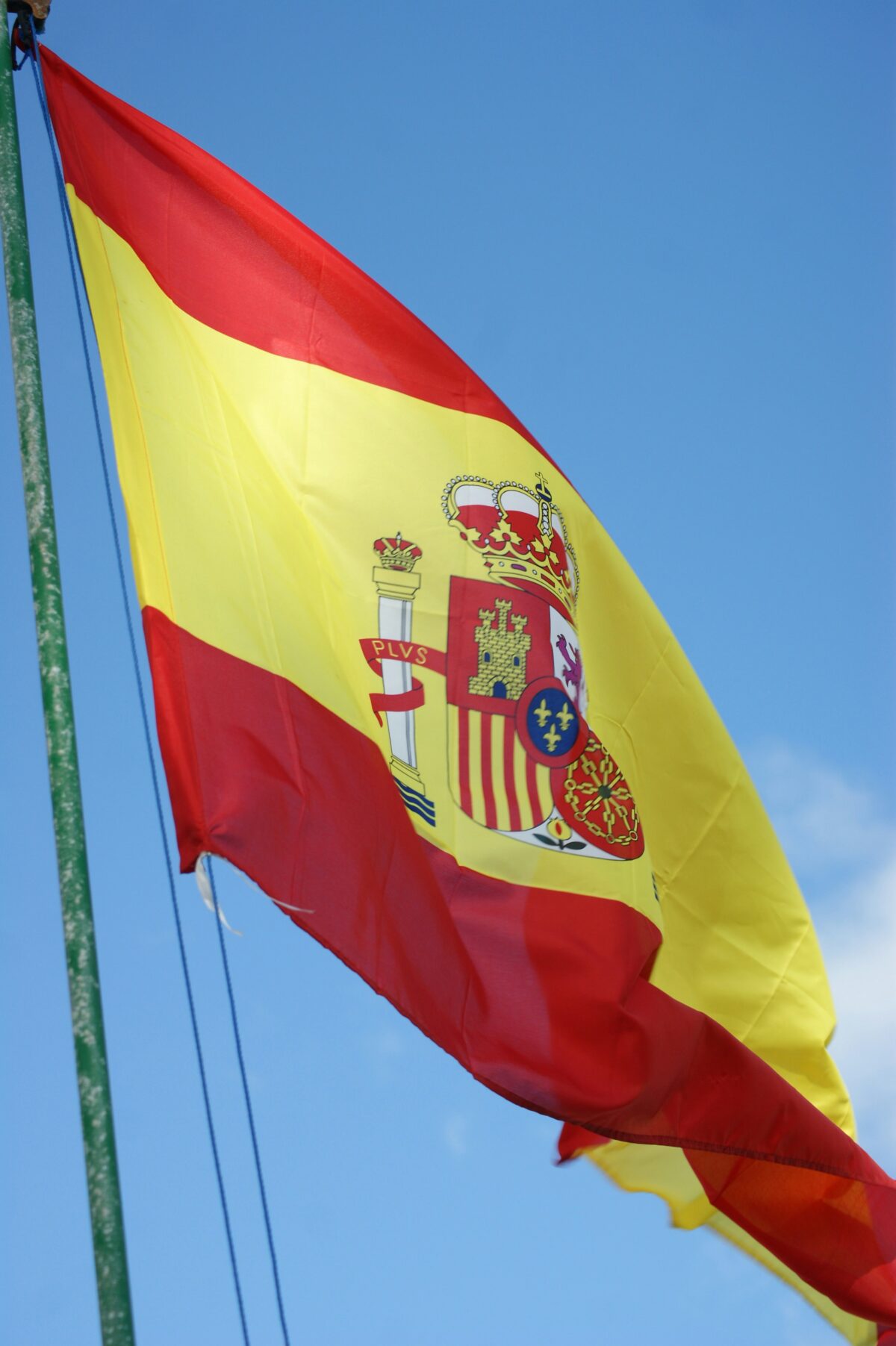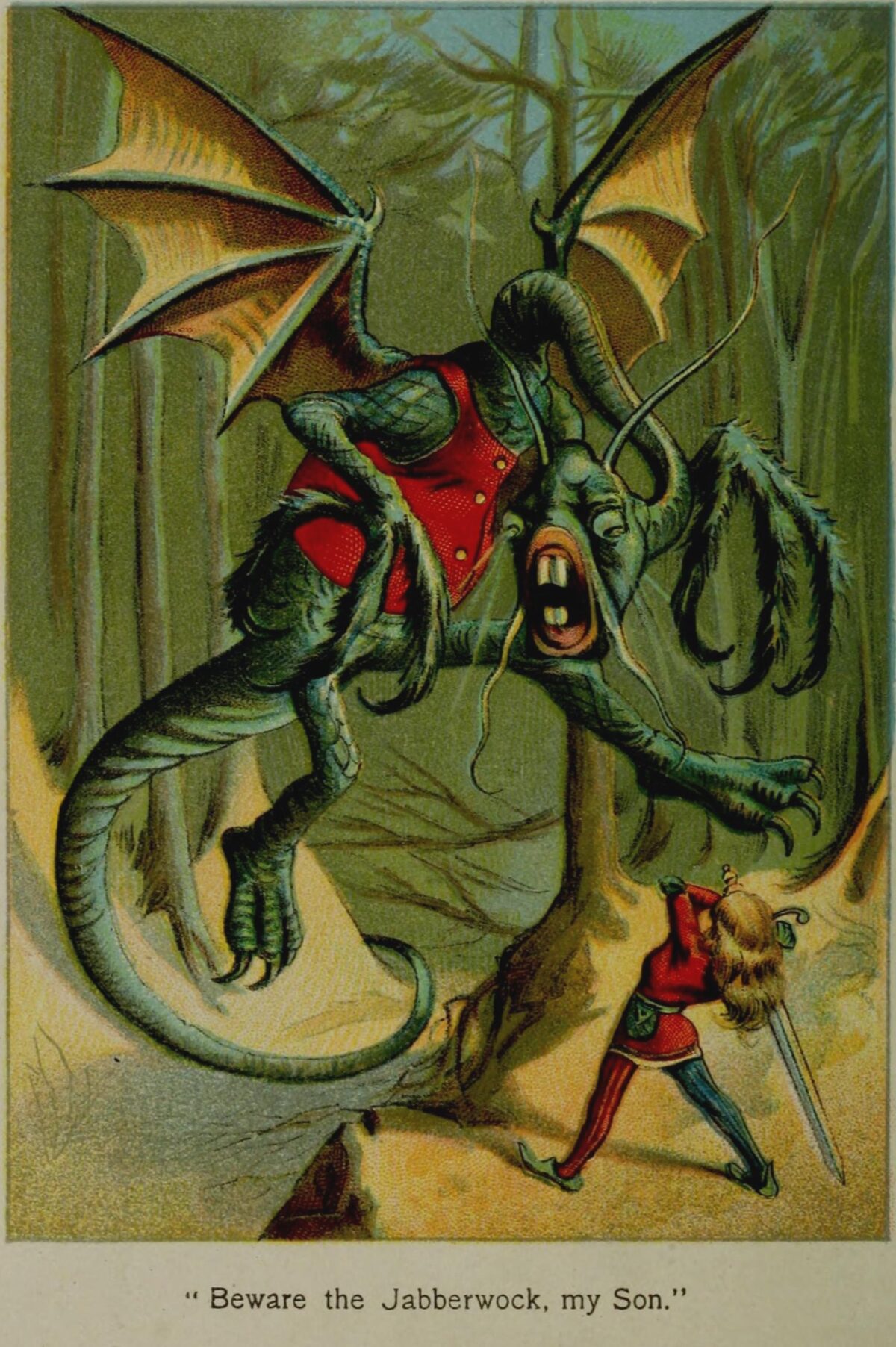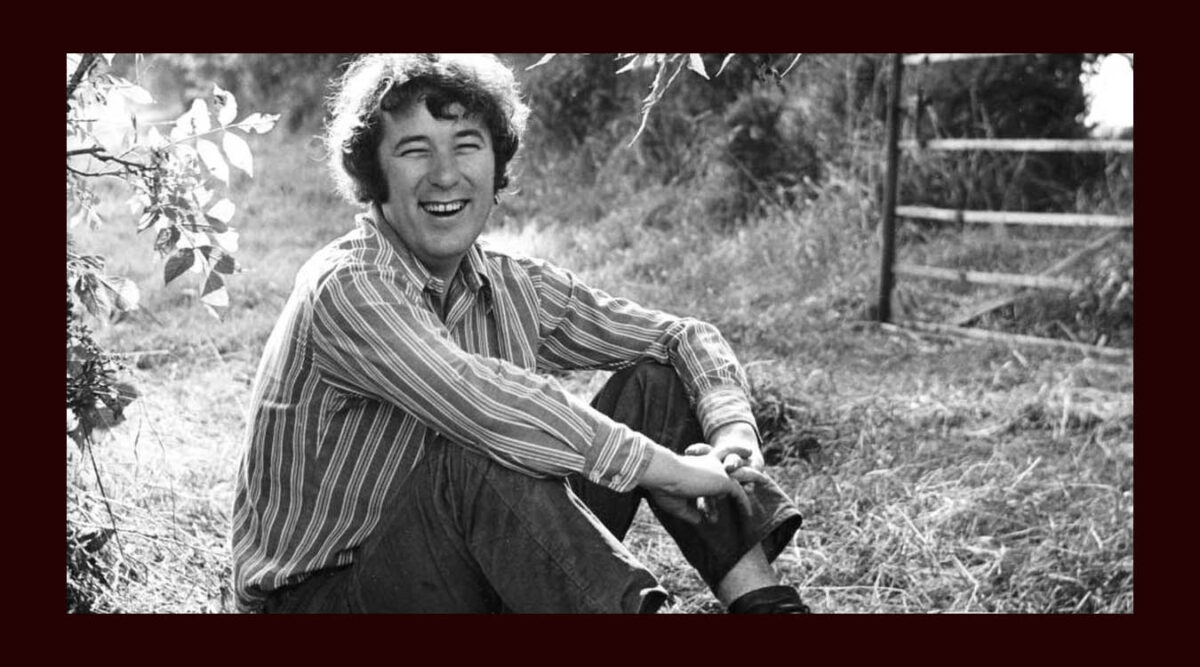One of the team-members of 101translations recently witnessed a crime taking place and had to give a police statement. Trying to be as helpful and specific as possible, she described the assailant as having mauve trousers and a cerise top. The male police officer looked baffled, so his female colleague leaned in to explain: ‘That’s purple and red, Bob.’
Since the first research on the topic was carried out in the 1970s, investigations consistently show that women, statistically speaking, tend to have much larger vocabularies for colour than men, and that this trend hasn’t changed much despite the dramatic social shifts that have taken place in many societies since then.
So what’s the reason for the difference?
Women in many cultures and linguistic contexts still get to choose clothes from a much wider colour palette than men so that’s probably one of the reasons, if not the main one. But research suggests that some men are also reluctant to learn more words for colours, or to use them if they know them, because of ongoing negative stereotyping of men who are seen as being interested in ‘women’s topics.’ Research also suggests that women tend to be better at discerning assorted colours and shades, although it’s not clear whether this is an innate tendency, or a learned behaviour from simply being exposed to more colour choices in their daily lives.
The topic of sex differences in language use is a fascinating one – and a tricky area to explore, as it is often next to impossible to figure out the driving factors for the differences, which can also shift as cultural mores do.









